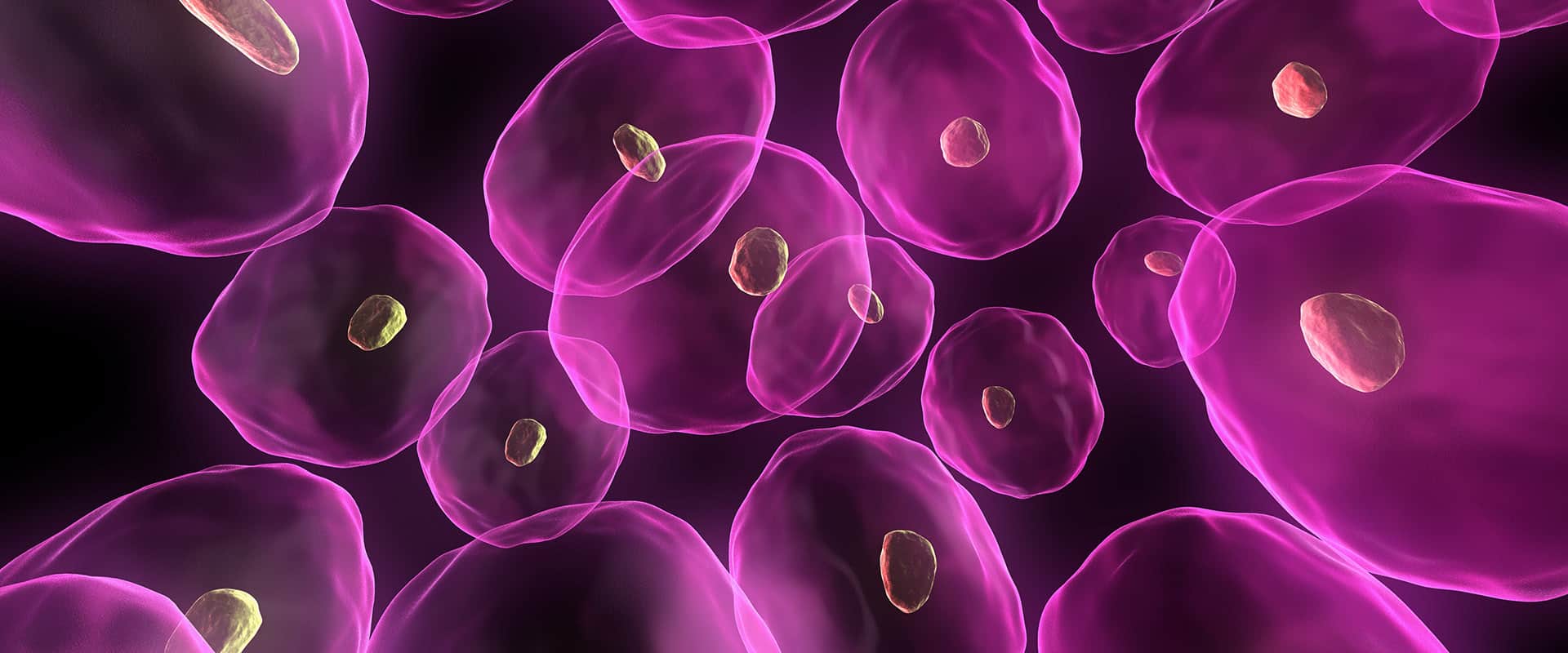HESI CT-TRACS is proud to be a partner in NC3Rs 2022 CRACK-IT challenge “T-ALERT: Animal-free tumourigenicity assessment of CAR-T and other genetically modified T cells”. CRACK-IT challenges provides UK and EU-based academics and SMEs with the opportunity to apply to develop new 3Rs tools, technologies or approaches and engage with new partners. The T-ALERT Challenge aims to develop an in vitro assay that can reliably evaluate tumourigenicity of human-engineered T cell therapies with the potential to be applied to multiple immune cell types.
As a partner, HESI and the CT-TRACS committee will help to create productive relationship between the challenge awardees and organisations that have expertise, data, or other resources that could support successful Challenge dissemination of the resulting technology. The HESI CT-TRACS Tumorigenicity Working Group will leverage its successful track record of multi-laboratory evaluation of relevant methods and assays in support of tumorigenicity evaluation of cell therapy products in support of the challenge winners.




